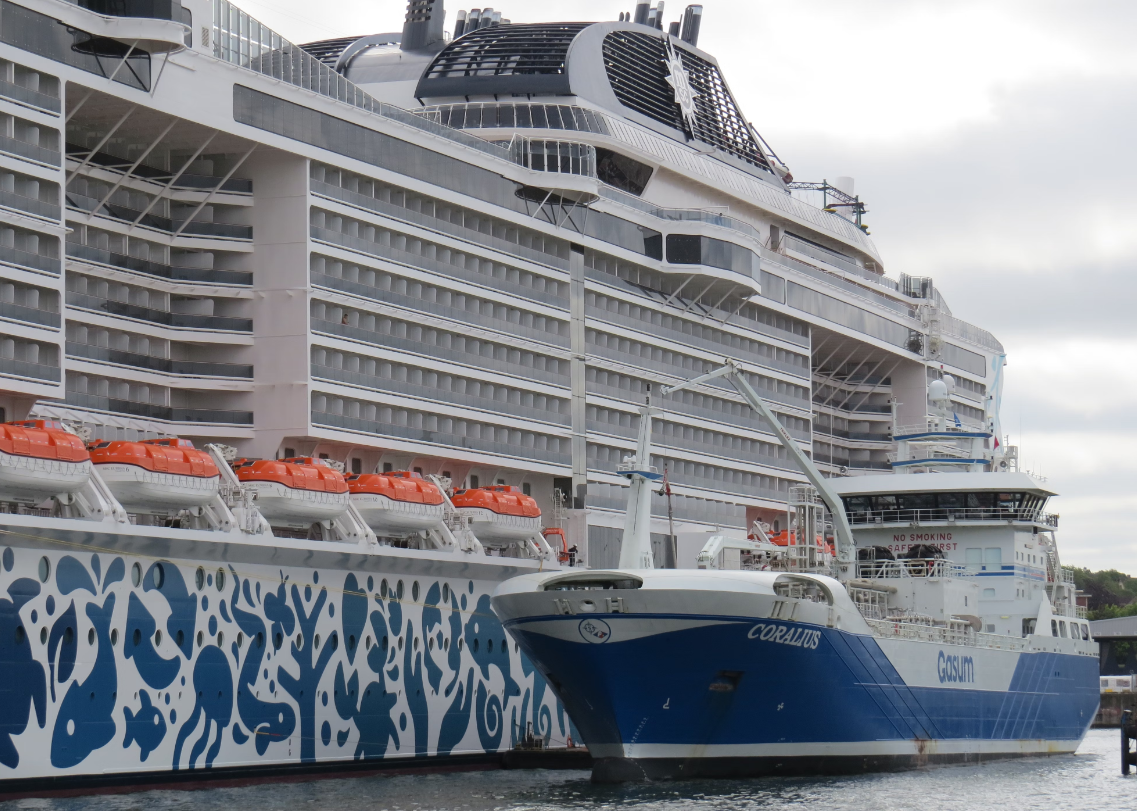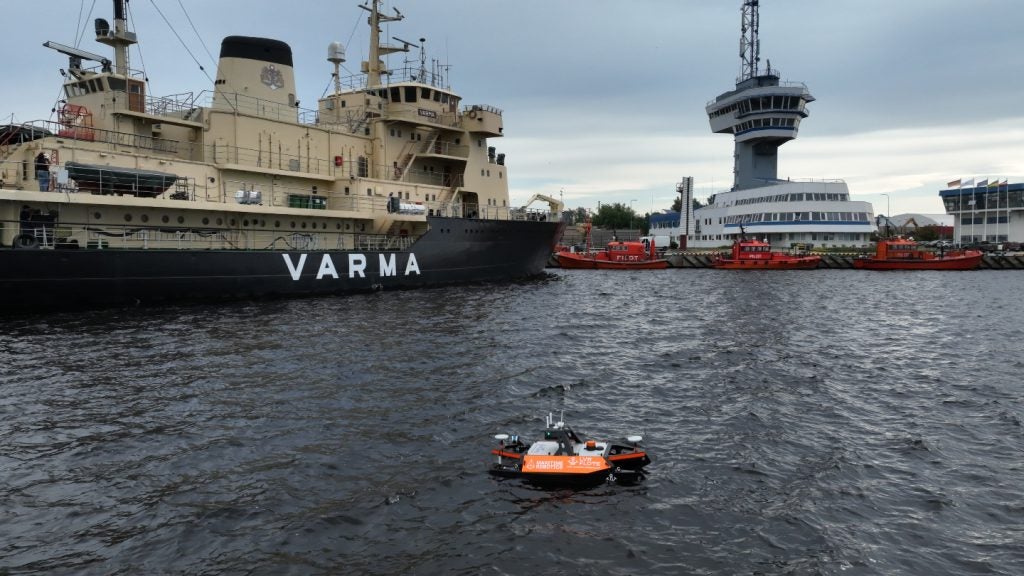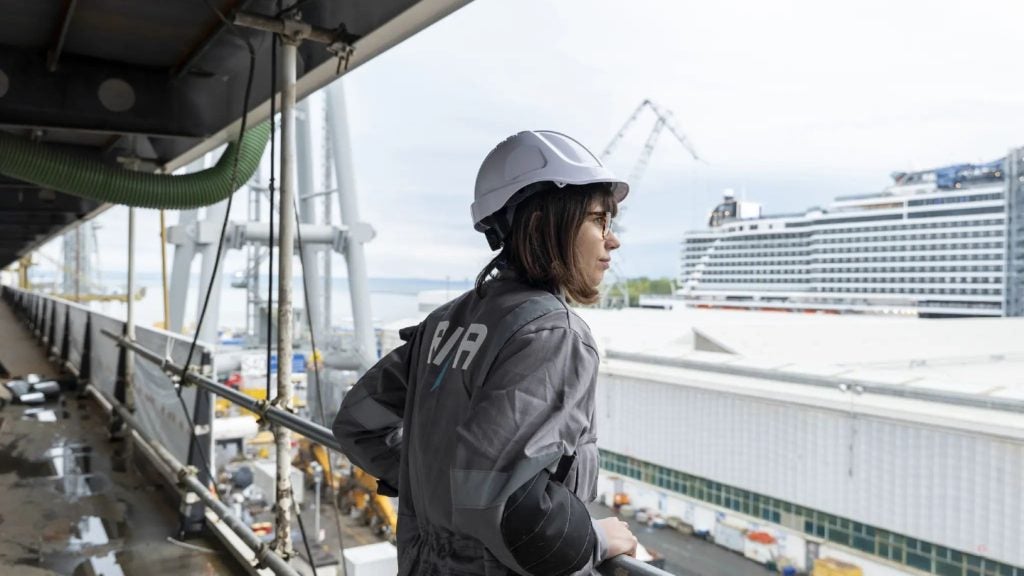
MSC Cruises and Finnish state-owned energy company Gasum have signed a long-term agreement for the supply of liquefied natural gas (LNG) for MSC Cruises’ new flagship, MSC Euribia, as well as a Letter of Intent (LoI) covering cooperation on the supply of liquefied synthetic gas (e-LNG) made with renewable energy.
MSC Cruises, the cruise division of MSC Group, says that the agreement will support its strategy to achieve net-zero greenhouse gas emissions from its marine operations by 2050.
MSC Cruises and Gasum have signed the LoI with the goal of securing MSC access to e-LNG, which is produced using hydrogen created by hydrolysis with renewable energy and captured CO2.
Using LNG removes nearly all sulfur oxide and particle emissions, greatly reduces nitrogen oxide emissions, and significantly lowers greenhouse gas emissions.
“We are delighted to be partnering with Gasum on our journey to net zero greenhouse gas emissions. Securing a reliable supply of LNG and e-LNG is of critical importance to our decarbonization efforts, and the LOI and long-term agreement that we have announced today are significant steps on that journey,” said Linden Coppell, sustainability and ESG VP for MSC Cruises.
“Partnering with Gasum will enable us to access new and cleaner fuels needed to make net zero cruising a reality. We need more suppliers like Gasum to step up and support our industry with its environmental targets. We are ready and waiting to buy more of these new fuels.”
How well do you really know your competitors?
Access the most comprehensive Company Profiles on the market, powered by GlobalData. Save hours of research. Gain competitive edge.

Thank you!
Your download email will arrive shortly
Not ready to buy yet? Download a free sample
We are confident about the unique quality of our Company Profiles. However, we want you to make the most beneficial decision for your business, so we offer a free sample that you can download by submitting the below form
By GlobalDataMSC Euribia recently demonstrated that emissions-neutral cruising is already possible by sailing the first-ever net-zero greenhouse gas emissions voyage.
The two companies say that they are creating an “actionable roadmap” together for cutting emissions in MSC’s cruise operations using sizeable volumes of e-LNG, starting in 2026.
What is E-LNG?
E-LNG gas can be produced synthetically through a process called Power-to-Gas.
First, hydrogen is produced from water, using renewable electricity sourced from wind, solar, or other options. The hydrogen can then be further processed into methane by adding non-fossil carbon dioxide obtained from carbon capture.
This resulting synthetic renewable methane gas is fully interchangeable with natural gas and biogas. When it is liquefied, it is similarly interchangeable with LNG and liquified biogas, meaning it can be transported through existing infrastructure – trucks, ships, pipelines – and use existing gas grids.
The synthetic gas can be fed directly, at any ratio, into existing dual-fuel engines that currently run on natural gas, biogas, LNG, or liquefied biogas.
“As an alternative fuel supplier dedicated to the energy transition, Gasum is proud to offer support to MSC Cruises in their quest to improve the environmental footprint of their operations. At the same time, MSC Cruises is supporting the development of the most promising alternative fuel by proving demand for it,” said Mika Wiljanen, CEO of Gasum.
“This LOI on e-LNG is a landmark agreement for the shipping industry as it demonstrates that e-LNG will be available to the maritime transport sector within a short timeframe. We are also very happy about the long-term LNG supply agreement which we believe is the start of long-lasting cooperation.”
Gasum says its goal is to bring seven terawatt hours (7 TWh) of renewable gas to market each year by 2027. According to the company, this would mean a cumulative annual CO2 reduction of 1.8 million tonnes.





